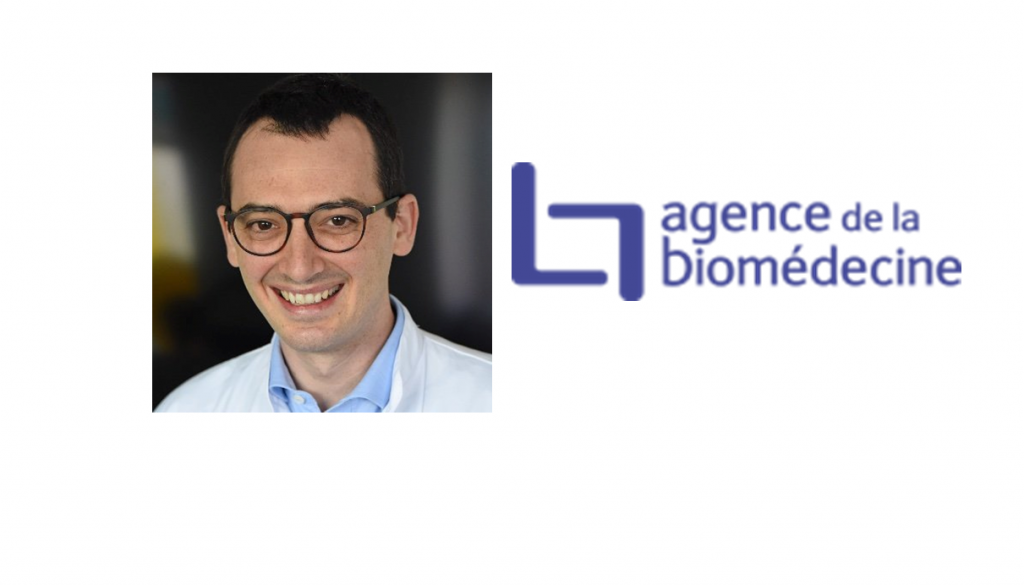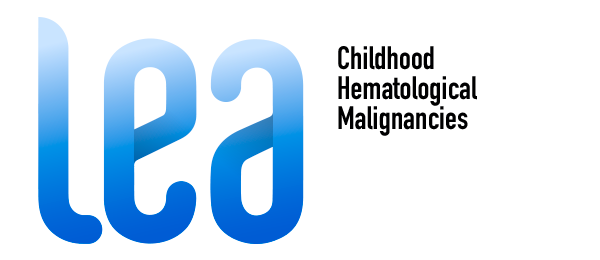

Dr Paul Saultier obtained a grant from the Agence de la Biomédecine for his SEGOLEN study: long-term state of health after transplant of hematopoietic stem cells in childhood for malignant hemopathy other than acute leukemia.
Long-term consequences of hematopoietic stem cell transplantation (HSC) in children with acute leukemia are numerous and relatively well documented. In contrast, data on long-term health status after HSC transplantation for other childhood hematologic malignancies are much more limited. The main objective of this multicentric cross-sectional observational study is to describe the long-term health status of patients who have been treated with a HSC transplantation in childhood for a malignant blood disease other than acute leukemia (Hodgkin’s and non-Hodgkin’s lymphoma, Chronic Myeloid Leukemia, Chronic Myelomonocytic Leukemia and Langheransian Histiocytosis). This project will explore the determinants (medical, socio-demographic, economic) of the long-term future (health status and quality of life) of these patients. In terms of care, it will allow to begin the national structuring of long-term follow-up in these patients.To carry out this project, our team will rely on the French multi-center LEA system for long-term monitoring of childhood leukemia. The data will be obtained through dedicated medical consultations carried out by investigators from French pediatric cancer centers participating in the study. Sociodemographic and socioeconomic, clinical and therapeutic data, as well as a large number of complication data will be collected prospectively: growth in height and weight, puberty and fertility, thyroid, cardiac function, visual function, secondary tumors, viral contaminations, pulmonary function, bone metabolism, iron metabolism, metabolic syndrome, other sequelae (diabetes, osteonecrosis, Chronic renal failure, alopecia, central nervous system damage), as well as quality of life. This project will provide new knowledge on the long-term health status of patients who have been treated with a HSC transplantation in childhood for malignant blood diseases other than acute leukemia. This project will start the structuring of the long-term follow-up of these patients and this new knowledge will have implications in terms of early detection or preventive measures for these complications.



